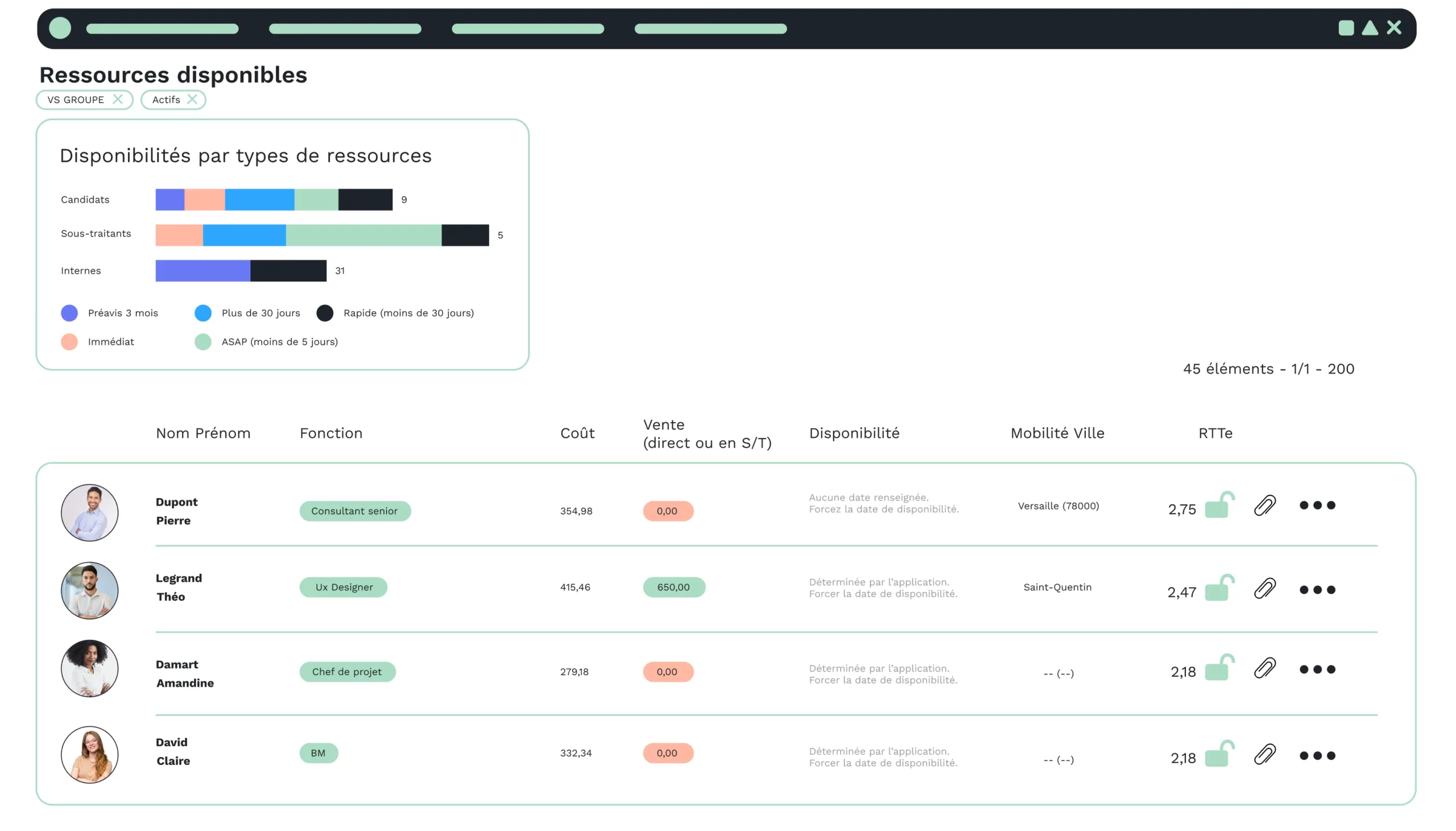In many companies, data is difficult for employees to access, and there is a high risk of errors, duplication and data loss.
What are the advantages of centralizing an information system?
- Consistent data
- Improving the user experience
- Ease of use
- Aligning processes
- Reducing costs
- Improving data security
How do you centralize an information system?
The centralization of an information system can be achieved in different ways, depending on the specific needs of each company or organization. Here are a few general steps for a successful set-up.
- Identify needs
- Evaluating options
- Setting up an infrastructure
- Transfer data
- Training users
- Track and maintain
It’s important to note that centralizing your information system in-house is not always the best solution: it can sometimes be costly to set up, and may require significant investment in terms of infrastructure and personnel.
Why not use an ERP to centralize your information system?
SaaS ERP can be an excellent solution for centralizing your business information system.
It allows you to centralize all your information, access it in real time wherever you are, and define user-specific data access authorizations.







